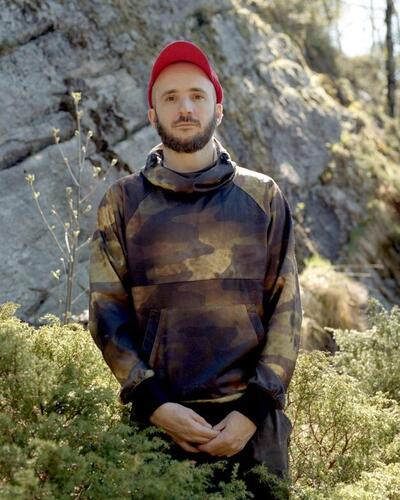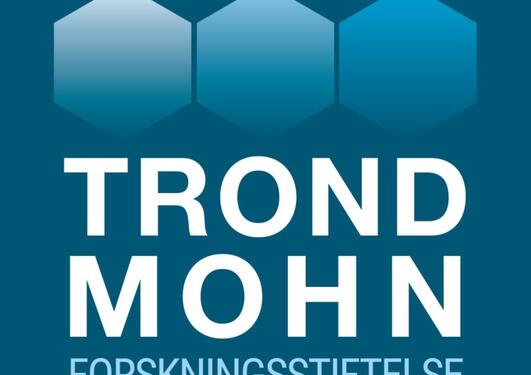Investigating the modern myths of algorithms
Gabriele de Seta receives Trond Mohn Foundation grant to research folkloric responses to the code we don't quite understand.

Main content
How do algorithms and everyday creative practices shape one another? Algorithms are complex, and – like everything we cannot understand easily – humans create stories and myths around how these modern machines work.
Gabriele de Seta is awarded a Starting Grant by the Trond Mohn Foundation, which now gives him the opportunity to create a research group to investigate these questions.
"I think there is a lot of misunderstandings, and also interesting understandings, that we need to take seriously," said de Seta on the at the Universty Aula for the grant celebration.
"Specialists know what algorithms are, but people don't necessarily know much. I want to know how they create stories, narratives, and what I call algorithmic folklore, to understand these complex technical objects."
Ghost in the machine – like Crungus
He draws on the example of Crungus.

When the image creator application Dall-E was new, a user tested what happened when he input nonsense words. One of these were "Crungus", which consistantly presented a mystical demonic being with fangs, even though the monster wasn't predefined anywhere.
Where in the algorithm did the monster appear? Or more curiously, where do people think it appeared from? Twitter and social media quickly built on the folklore of this being, as if artificial intelligence had finally revealed a mythological creature inhabiting our machines.
But de Seta's research doesn't have to be as literally mythological as this. Even the understanding of our Facebook feed is object for a kind of folkloric understanding, to the point that many are convinced that the app listens to its users through the microphon to find advertising for what users conversations are about.
The algorithm through different cultural lenses
Most of algorithm research focuses on the technical development, economical implications, or legal regulations, but de Seta – who dubs himself "technically, a kind of sociologist" – thinks understandiing how humans meet and give meaning to their everyday algorithms is just as important.
The project has a global scope, and among the issues his group will look into is how different cultures view the algorithms differently.
The past four years he has worked in the ERC project Machine Vision, but will now be granted the means to recruit and develop his own group, at the Faculty of Humanities and Department of Linguistic, Literary and Aesthetic Studies,

